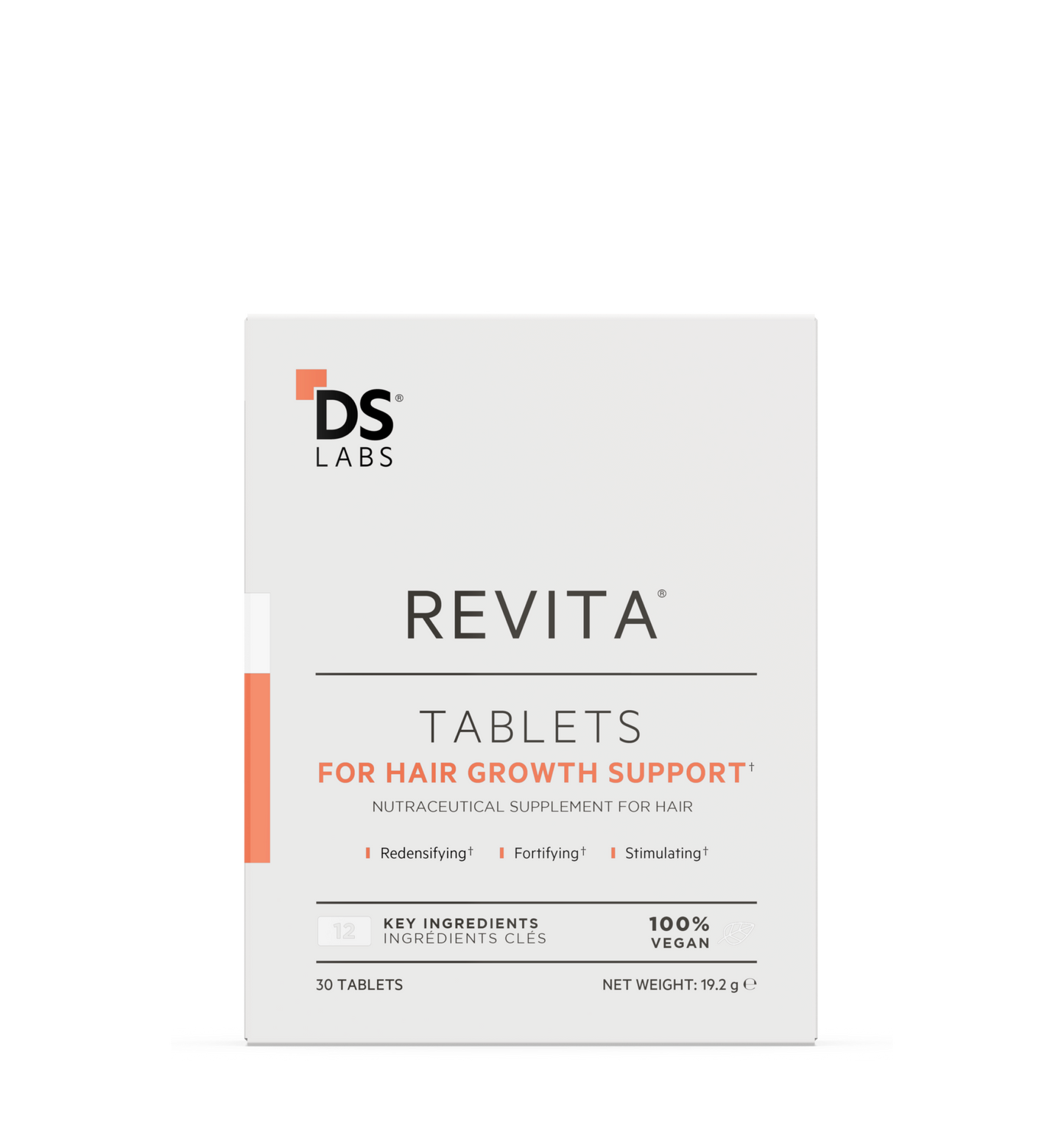Dimethicone is a synthetic ingredient found in many personal care products. However, it has been linked to hair damage and hair loss.
Is there any truth to this claim? Let's find out.
What Is Dimethicone?
Dimethicone, also known as Polydimethylsiloxane and dimethylpolysiloxane, is a silicone-based polymer. This ingredient is widely used in hair care products, like shampoos, conditioners, and stylers, to give hair a smooth and silky texture.
It is non-water-soluble and works by creating a coating on hair strands to seal in hydration and keep it frizz-free.
Dimethicone is non-comedogenic, so it will not clog your pores. It will also reduce the appearance of fine lines and wrinkles to make your skin look and feel smoother, more even, and give your makeup a matte finish.
How Does Dimethicone Affect Your Hair?
Dimethicone is often seen as a problematic ingredient in hair products. It creates a silicone coating to “glue” the cuticles to make your hair look and feel sleek, smooth, and silky. It can also minimize frizz, make detangling hair easier, prevent water loss, and make your hair look conditioned and healthy.
It sounds like a dream, but this silicone-based ingredient also has its fair share of drawbacks.
It creates a physical barrier on your strands and prevents water from penetrating your hair cuticles. This can leave your hair dry and damaged. It can also be difficult to remove from hair strands, causing product build-up.
Can Dimethicone Cause Hair Loss?
A 2019 review found that most over-the-counter personal care products contain less than 15% of Dimethicone, which is considered safe for use. Another study analyzed the occurrence of hair shedding in over four hundred healthy Thai women. It found that many other factors influenced hair loss apart from the ingredients in their shampoos.
So, in essence, Dimethicone does not cause hair loss - not directly, at least. Its destructive potential lies in how it lingers on the scalp over time.
Dimethicone is a silicone-based product that repels water. This causes the moisture levels in your hair to drop, making it susceptible to product build-up. With continuous use, this product buildup may cause hair loss.
That’s not even half of it!
Dimethicone is also occlusive, so it will trap moisture in your cuticles to give you the smooth, silky-looking hair you crave. However, this coating can also block water from entering your strands. This can cause your strands to become dry, damaged, and brittle, making them more prone to breakage and shedding.
Additionally, as it is non-water soluble, it won’t break down or wash away from your strands easily, which can be problematic if you have fine or curly hair.
In fine hair, it can create the illusion of less volume and make your hair look thin and greasy. It can lead to an unhealthy scalp environment for your strands to grow in, which can cause long-term damage.
In curly hair, it will make the strands dry and brittle, causing breakage and split ends. Dimethicone buildup can change your natural curl pattern as well.
Remember that while Dimethicone can lead to hair loss, it’s not the only factor involved. Other elements like genetics, hormonal imbalances, stress, physical stressors, poor diet, and even radiation therapy can play a part in hair damage.
How to Remove Dimethicone Product Build-Up?
Product build-up can collect dirt, dust, oil, dry skin, debris, and other residues, which can clog the pores on your scalp. It will lead to thinner and weaker strands and reduce moisture and nutrient absorption.
To avoid these issues, you can use apple cider vinegar to strip Dimethicone buildup from your hair and make it incredibly shiny and smooth to the touch.
You can also use products for targeted treatment. Sulfate shampoos can work well, but they can irritate sensitive scalps, leading to dryness and inflammation. You can try detoxifying serums that contain potent phytoactives to gently remove product buildup and encourage a healthy scalp microbiome instead.
Follow the cleansing treatment with a silicone-free moisturizer to encourage the growth of healthy, luscious locks.
Use clarifying shampoos regularly to clear out buildup and maintain a healthy scalp and hair.
The Takeaway
Dimethicone can give you smooth, shiny, and silky hair, but its effects on the health of your strands and scalp in the long run mean you have to be mindful when you integrate it into your routine.
Proceed with caution and closely consider the products you use on your hair. Learn to remove Dimethicone build-up from your strands and scalp to avoid the associated drawbacks. These steps are crucial to making more informed decisions about your hair care.
As always, we recommend that you use beauty products with natural and clean ingredients to enjoy great benefits without any of the side effects associated with harsh chemicals!












